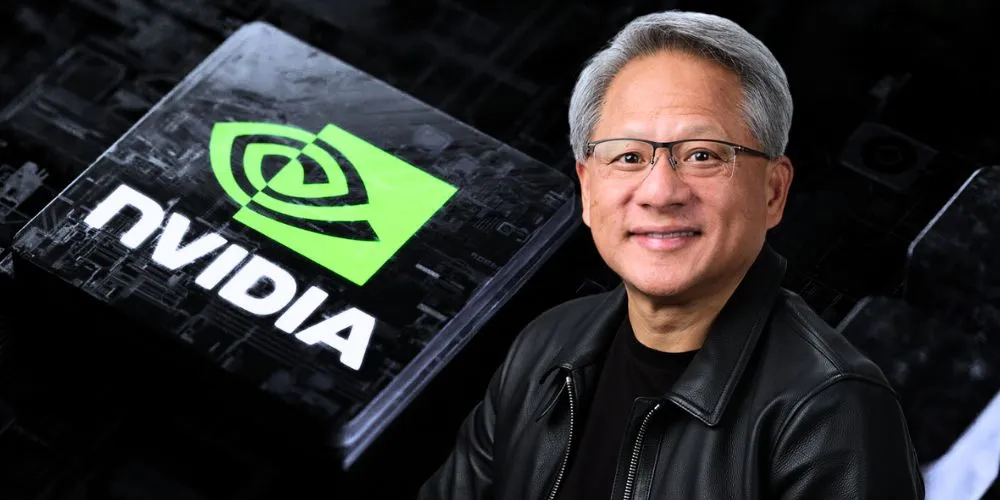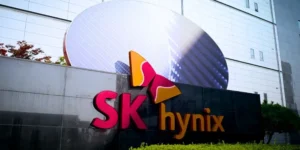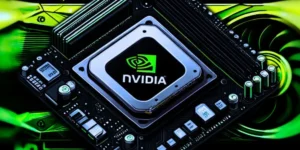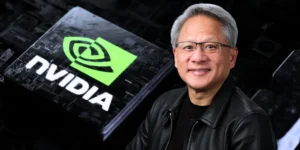Key Points
- Nvidia CEO Jensen Huang declared U.S. GPU export controls to China a “failure” at Computex 2025.
- Huang says Chinese AI researchers continue progressing, turning to domestic chips when Nvidia GPUs are restricted.
- The export ban could cost Nvidia $15 billion in lost sales, especially due to H20 GPU restrictions.
- Nvidia is expanding in Taiwan with a new global HQ, even as U.S. policy encourages domestic reshoring.
Nvidia CEO Jensen Huang has openly criticized U.S. efforts to curb China’s AI advancement by restricting exports of high-performance GPUs. At the Computex 2025 event in Taipei, Taiwan, Huang stated that the U.S. GPU export controls have failed in their intended objective.
“AI researchers are still doing AI research in China,” Huang said, noting that Chinese developers are adapting to domestically produced alternatives. “If they don’t have enough Nvidia, they will use their own,” he added, suggesting the export ban has only accelerated China’s efforts to become self-reliant in AI hardware.
The criticism comes as Nvidia faces a $15 billion revenue hit due to restrictions on exporting its powerful H20 GPUs to China. Huang is interested in lifting the bans, but his comments point to a broader concern: Huawei and other Chinese firms are rapidly catching up.
In 2022, the Biden administration imposed strict limits on exporting cutting-edge AI chips to China to stifle Beijing’s technological rise, particularly in military and surveillance applications. However, companies like Huawei have stepped into the vacuum, developing GPUs of their own, though they still lag behind Nvidia in performance.
The fear is that these restrictions may unintentionally accelerate China’s domestic chip development, allowing Huawei to lay the groundwork for future global competitiveness.
Adding to the complexity, Huang has been seen navigating conflicting geopolitical and corporate interests. Nvidia is opening a global headquarters in Taiwan, signaling support for the region’s tech ecosystem, even as Washington pushes to bring semiconductor manufacturing back to the U.S.
Huang also recently met with high-level officials in Beijing just a day after the U.S. launched an investigation into Nvidia’s prior China sales, raising questions about the company’s balancing act between compliance and market access.










